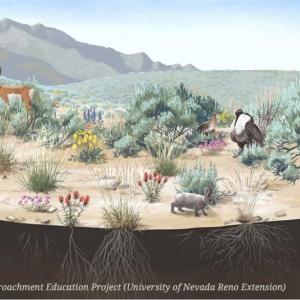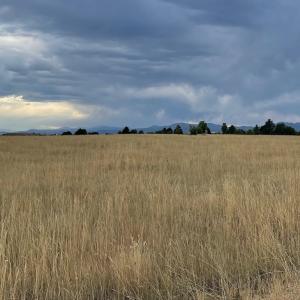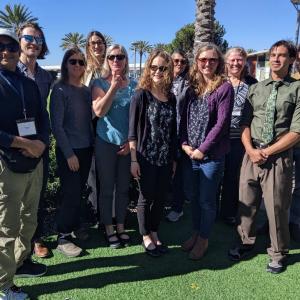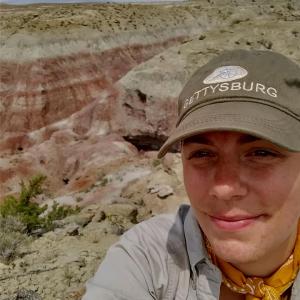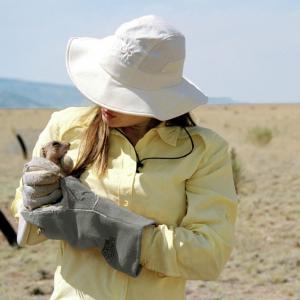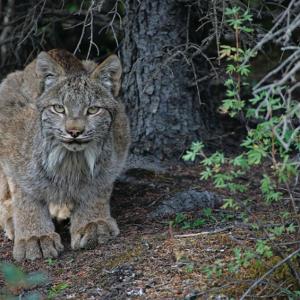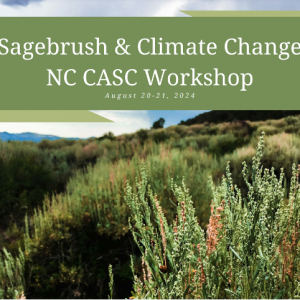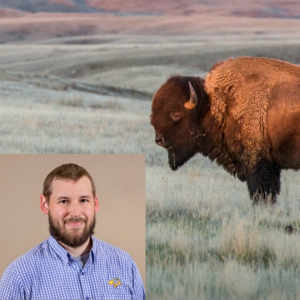News
The Sagebrush Sea
In August 2024, the North Central Climate Adaptation Science Center (NC CASC) hosted a workshop at the University of Colorado Boulder with 24 experts from different agencies, institutions, and Tribal Nations to address the critical challenges facing the eastern sagebrush biome in Colorado, Montana and Wyoming.
Ulyana Horodyskyj Peña
Prasad Thota presents at AGU24!
Graduate Research Assistant, Prasad Thota, presented an iPoster at the annual Fall Meeting of the American Geophysical Union, held in Washington, D.C., from December 9 - 13. The study investigated the mechanisms influencing warm-season precipitation variability in the Northern Great Plains (NGP).
Conserving Central Grasslands and Keystone Species
North America’s Central Grasslands are among the most endangered ecosystems in the world. They face a suite of conservation challenges associated with habitat loss, transformation, and fragmentation. Learn more in this Science Spotlight, featuring Ana Davidson from new NC CASC consortium partner, Colorado State University.
Ulyana Horodyskyj Peña
Webinar Recording Now Available
Although the lynx is designated a species of least concern by the International Union for Conservation of Nature, it has been listed in the contiguous U.S. as a threatened distinct population segment (DPS) since 2000. Learn more about the threats that climate warming poses to this species.



